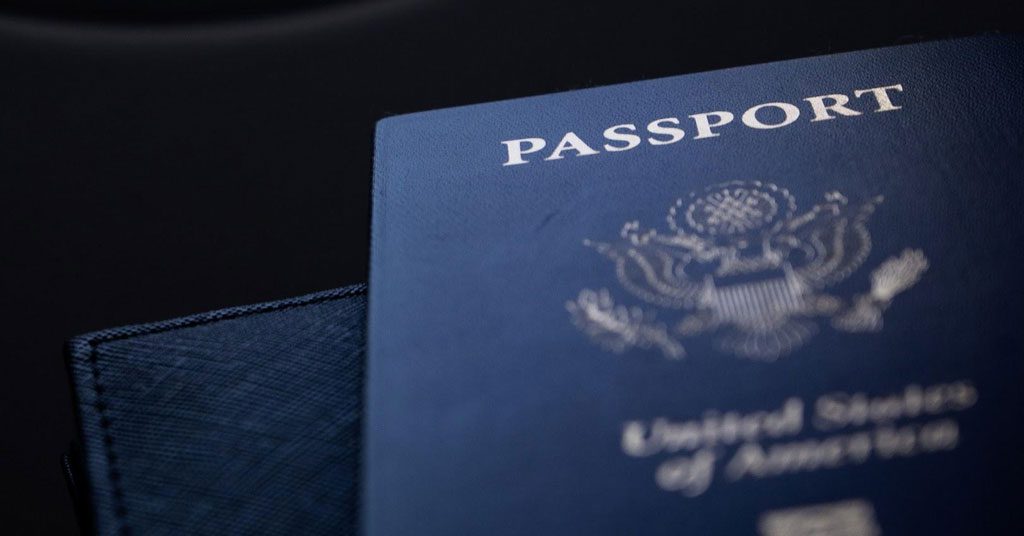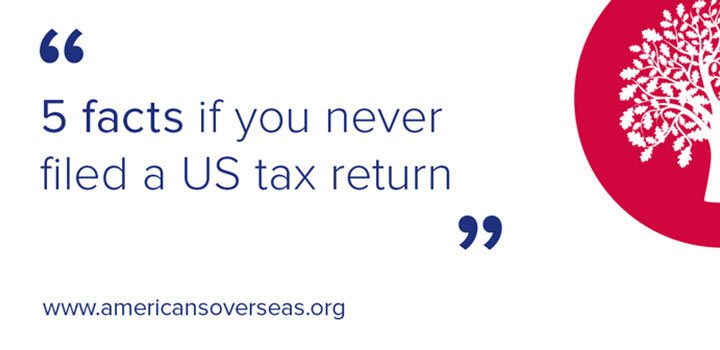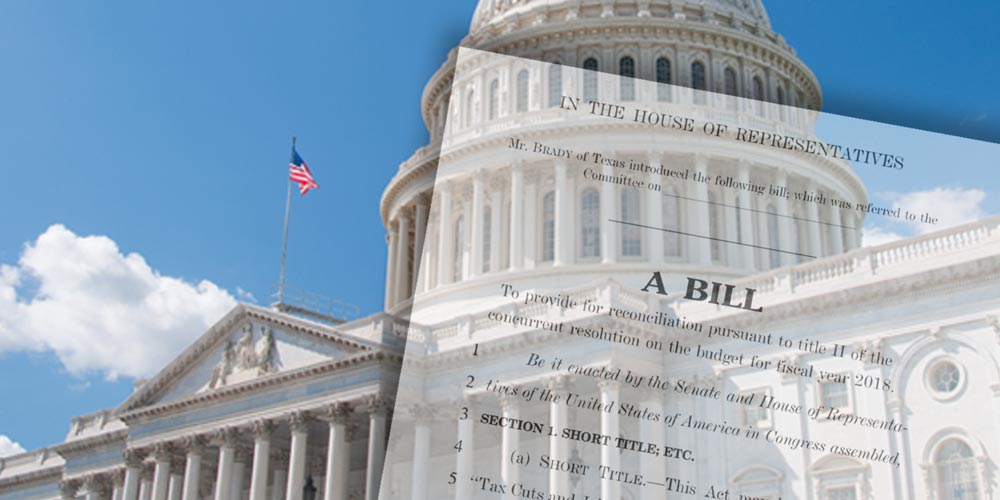
Financial Times: American born woman takes her FATCA data-sharing case to UK’s High Court

According to the Financial Times: American-born Jenny Webster is fighting a battle against a pact between the UK and US tax authorities which shares financial data about US persons.
Jenny Webster, 43-year-old “self-employed editor and a researcher at the University of Central Lancashire” argues the international deal infringes her right to privacy and data protection. She has been crowdfunding to raise funds to bring her case before the British court.
Her case was filed this week before the High Court in London, following a prolonged legal battle against HM Revenue & Customs and the data protection watchdog, the Information Commissioner’s Office.
Citizen Based Taxation
Webster came to the UK some 21 years ago as a student, married a British man, and received British citizenship in 2010. But despite this, the US’s Citizen Based Taxation meant that Webster was still considered to be within the US tax system.
The United States is the only first-world country that links a person’s tax obligations to their citizenship. This rule means US citizens must continue to file annual tax returns with the Internal Revenue Service (IRS), regardless of their residence.
FATCA
The heart of the matter – for Jenny Webster as well as the EU banks that have hesitated to offer bank accounts to some European citizens who appear to have American citizenships that they aren’t able to provide Taxpayer Identification Numbers for – is FATCA, the tax evasion-prevention law signed into law by President Obama in 2010.
Officially known as the Foreign Account Tax Compliance Act, FATCA mandates stiff penalties for “foreign” (non-U.S.) financial institutions that fail to report to the U.S. the bank account details, including assets, of any of their clients who happen to be U.S. citizens or Green Card holders.
Webster first learned about Fatca when her bank contacted her in 2016 to say she had tax obligations in the US and they were obliged to send information about her to the IRS.
Jenny Webster says FATCA is disproportionate, discriminatory, and has led to unintended negative consequences: it was the start of her struggle to challenge the UK’s international agreement with the US.
Implications for accidental Americans
If Webster wins this case, it could be a serious blow to the principle of automatic exchange of data between tax authorities worldwide.
The case could have wide-ranging implications for tens of thousands of so-called accidental Americans who left the US but risk having their British bank accounts frozen for failing to comply with the US tax requirements.
Americans Overseas
We, the founders of Americans Overseas, were born in the Netherlands and obtained our American nationality through our (American) mother.
When we heard about the US tax system for the first time around 2013, we were in total disbelief (it can’t be true!), anger (how can they do this?), fear (am I going to get fined or pick up other problems?), and panic (what should I do?). It is (unfortunately) true that there is an additional American tax levy. But there’s no information from the local government, and when approached, the consulate referred us to the IRS, and the IRS was impenetrable.
That’s why we started this initiative to help people from all over the world by providing proper information about the US tax system to avoid unnecessary panic and offering help free of obligation and free of charge. If needed, we have a network of affordable professionals (accountants) who can help you with your tax obligations.
If you have more questions about British citizens born in the US and FACTA you can contact us at Americans Overseas.
Contact us for more information
Sources: Financial Times, Crowdjustice page Jenny Webster: FATCA & HMRC: breaching my human rights to data protection and privacy
Frequently asked questions
Understanding the US tax system, the obligations, and all the additional terms can be difficult. Especially if one lives outside of America. Is your question not answered? Contact us.
-
Who is required to file taxes in the US?
U.S. citizens and resident aliens who live abroad are generally required to file a federal income tax return and pay taxes on their worldwide income.
Read more... about Who is required to file taxes in the US? -
Do US citizens living abroad still have to file taxes in the US?
Yes, US citizens are required to file taxes on their worldwide income, regardless of where they are living.
Read more... about Do US citizens living abroad still have to file taxes in the US? -
How can I cash my US check?
Received an American check? You can cash your check in the following ways: cash the check at your own bank, transfer to another person (endorsement), cash checks using an online service or cash the check by another bank.
Read more... about How can I cash my US check? -
Are there any special tax forms required for US citizens living abroad?
US citizens living abroad may be required to file Form 2555 and/or Form 1116 to claim the foreign-earned income exclusion.
Read more... about Are there any special tax forms required for US citizens living abroad? -
What is FBAR filing?
FBAR (Foreign Bank Account Report) filing is the requirement for certain U.S. individuals and entities to report their foreign financial accounts to the Financial Crimes Enforcement Network (FinCEN) of the U.S. Department of Treasury. The FBAR filing requirement applies to U.S. persons who have a financial interest in, or signature authority over, one or more foreign financial accounts if the aggregate value of those accounts exceeds $10,000 at any time during the calendar year.
Read more... about What is FBAR filing?





